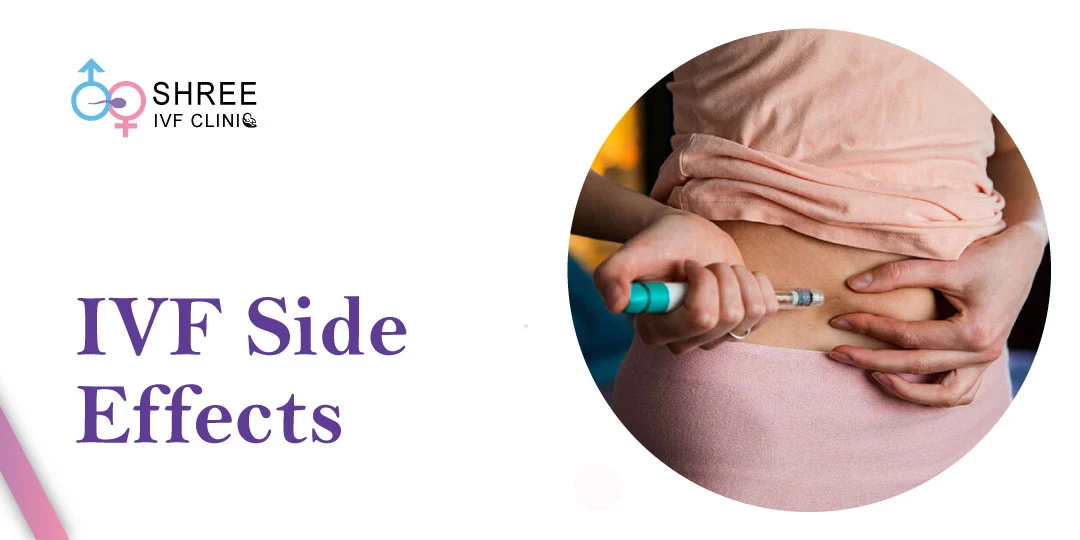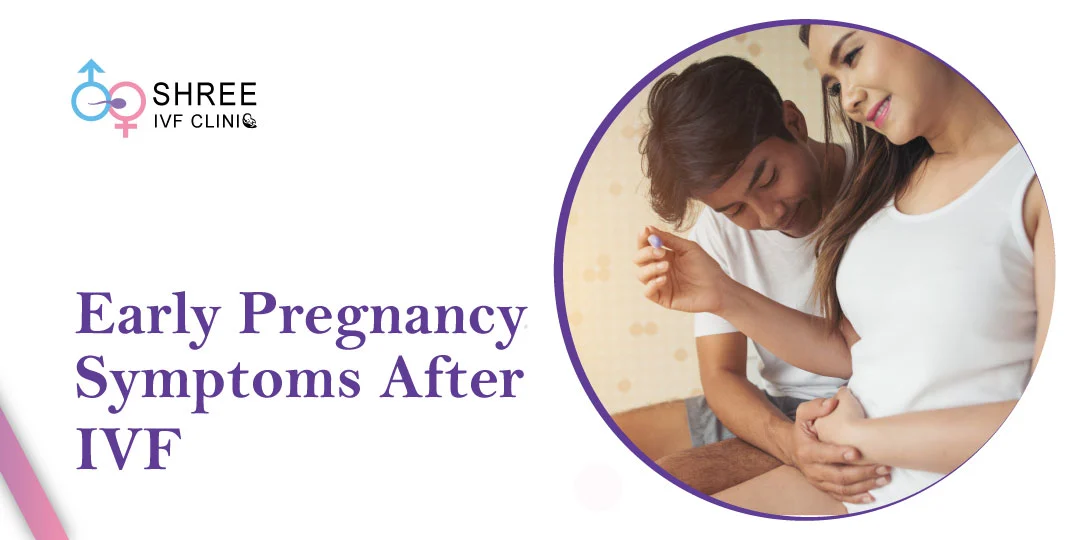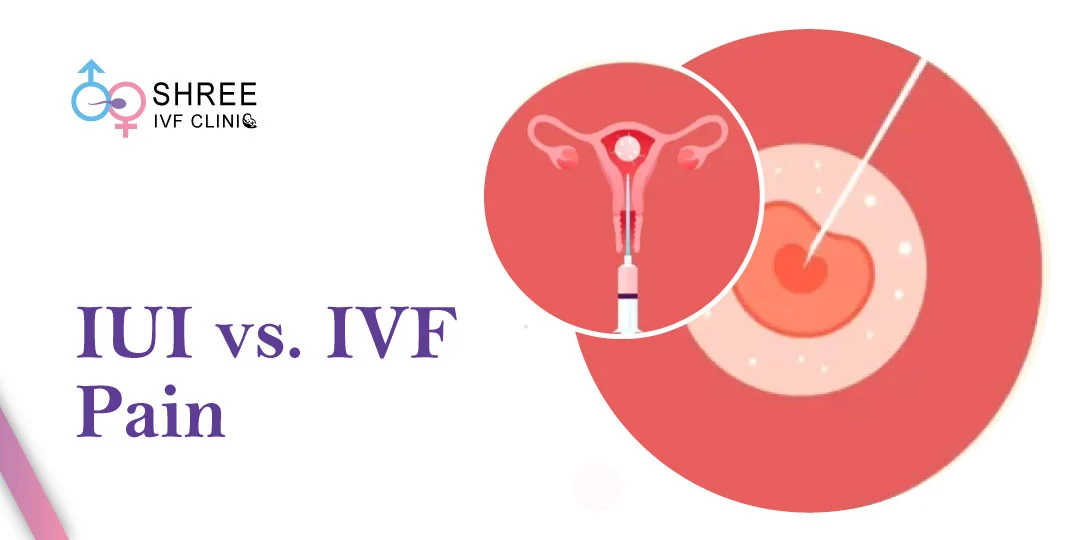IVF Failure: Causes, Risks, and Prevention Strategies
UPDATED ON 19 AUG. 2022
In vitro fertilisation (IVF) is a method of conception when an egg and sperm are united in vitro. It’s a treatment utilised by those who require assistance getting pregnant. IVF is regarded as the most successful type of assisted reproductive technology.
In vitro Fertilisation is a comprehensive set of techniques designed to aid in conception, help with fertility, or stop genetic issues. Every year, India performs between 2 and 2.5 lac IVF cycles. Many sources predict a substantial rise in the number of IVF cycles in India in the coming years, with some estimates suggesting it could reach 5–6 lakh cycles per year by 2030.
Unfortunately, there are cases when IVF is unsuccessful on the first or second try, regardless of ongoing technological advancements. In the following article, we will look closer at the failure of IVF.

AUTHOR
Dr Jay Mehta
Scientific Director & IVF Specialist with 10+ years of experience
TREATMENT
CONDITION
GET IN TOUCH ON
What happens when IVF fails?
In India, the success rate of in-vitro fertilisation (IVF) is between 30 and 35 percent for each embryo transfer. Failure of IVF depends on various factors such as the age of the egg, quality of the embryo and sperm, lifestyle factors, etc. The following are some typical causes of IVF cycle failure.
1. Quality of Embryo
The main cause of a failed IVF cycle is the quality of the embryo. Numerous embryos are born with a flaw that prevents them from developing into uterine implants after being transferred.
Even healthy-looking embryos eventually cease developing and fail to attach to the uterine lining. Women under the age of 35 have higher rates of embryo implantation (about 50%), whereas women beyond the age of 40 (only approximately 12%).
2. Ovarian response
Follicle-stimulating hormone (FSH), a fertility hormone that tries to boost egg production, is given daily to the female patient as part of the initial IVF treatment. There are situations when a woman’s ovaries don’t react to fertility drugs strongly enough to create several eggs.
3. Quality of sperms
It is necessary for the sperm to be motile, plentiful, and of high quality. Sperm cell morphological issues can result in low fertilisation rates and poor embryo quality.
4. Chromosomal abnormalities
Chromosomal abnormalities are the most prevalent reason for IVF failure. Chromosomal abnormalities mean that a fragment of chromosomal DNA is either missing, extra, or organized abnormally in the embryo.
The body refusing the embryo causes IVF to fail. Chromosomal abnormalities can develop early in the embryonic division process or can be passed down from one of the parents.
5. Lifestyle factor
The likelihood of conception is significantly decreased if one partner smokes excessively. Weight is another lifestyle factor that affects the success rate of IVF; women who are overweight or underweight have fewer odds of getting pregnant than those with a normal BMI.
6. Female age
The egg quality and quantity decreased with the increase in the age of women. The likelihood of a clinical pregnancy or live delivery following IVF therapy is also affected by a fall in egg number and quality, which is widely known to decrease with the increase in women’s age.
As a woman ages, her ovarian reserve, also referred to as her egg quality and quantity, begins to deteriorate.
7. Embryo implantation failure
The most frequent cause of IVF failure is implant failure. It is impossible to say whether the failure of embryo implantation was due to an issue with the embryos or a problem with the uterus.
How Many Times can IVF fail?
IVF can fail many times. Many factors, including the age of the female, the quality of the sperm, chromosomal disorders, the quality of the embryo, and others, contribute to IVF failure. Each couple experiences a different number of IVF cycle failures and attempts.
How to reduce the risk of IVF Failure?
The following are the things you can do to prevent the failure of IVF treatment.
- For a treatment to be successful, the patient must keep a healthy BMI and exercise frequently.
- IVF failure risk can be decreased by abstaining from alcohol, tobacco, and intoxicants. These addictions can impact the number, quality, morphology, and movement of sperm.
- Consume all the nutrients you need for a healthy pregnancy and follow a regular diet. Avoid processed or packaged foods.
- De-stressing is always good for your general well-being. To keep yourself stress-free, include yoga, meditation, rest, a warm bath, aromatherapy, and massage in your daily routine.
- Studies have indicated that certain supplements, including vitamin D, CoQ10, and DHEA, can increase the success rate of IVF.
- TSH levels should be checked (Thyroid-Stimulating Hormone). This test is critical since abnormal TSH values have been connected to miscarriage.

4,790+
379K+
How successful is IVF on the first try?
Individual IVF success rates vary based on the patient’s age, the methods and procedures employed, the quality of the sperm, and the underlying cause of infertility.
The average success rate for women beginning their first IVF cycle is 33 percent worldwide, rising to 54-77 percent by their eighth cycle.
First-cycle live birth rates for women ages 40-44 were 11%, and after six cycles, the total live birth rates ranged from 21% to 34%.
Conclusion
There are several reasons why patients’ IVF efforts were unsuccessful when it comes to achieving a clinical pregnancy or live birth. Furthermore, by following the measures indicated in the article, you can lower the likelihood of IVF failure.
Reach out to our IVF specialist, Dr. Jay Mehta at Shree IVF Clinic in Mumbai. We’re here to help with all types of infertility issues. Contact us for expert advice today!
FAQ’S
- What is the main reason IVF fails??
IVF failure may result from a variety of circumstances. Despite the complexities of IVF, unsuccessful implantation of an embryo on the uterine lining is one of the most common causes of a failed round.
- Why does IVF fail with good embryos?
Even with healthy embryos, IVF fails because the embryo does not implant on the uterine wall. Several circumstances can contribute to a failed embryo implantation. Chromosomal abnormalities in the embryo or an inactive endometrium are the two main causes of unsuccessful implantation.
AUTHOR
Dr Jay Mehta
Scientific Director & IVF Specialist with 10+ years of experience
TREATMENT
CONDITION
CALL US 24/7 FOR ANY HELP
GET IN TOUCH ON
Share Article on
Recommended Reading
What Are the Side Effects of IVF?
Know the side effects of IVF, from mild pain to hormonal changes, and get expert advice as you start your fertility journey.
After IVF Transfer Pregnancy Symptoms
Learn about early pregnancy signs after embryo transfer, including cramping, spotting or light bleeding, fatigue, breast tenderness, and nausea.
Which is More Painful: IUI or IVF?
Why is IVF generally more painful than IUI? Discover the expert pain management techniques that can help make your experience more comfortable





